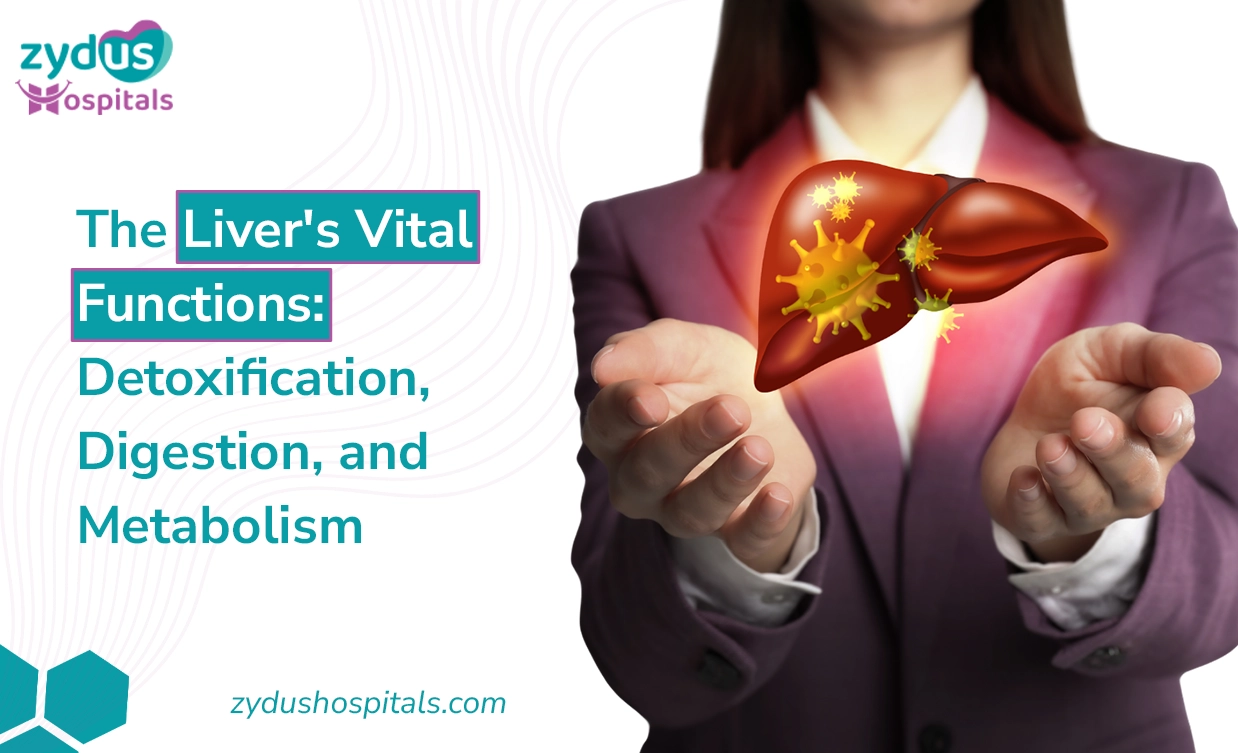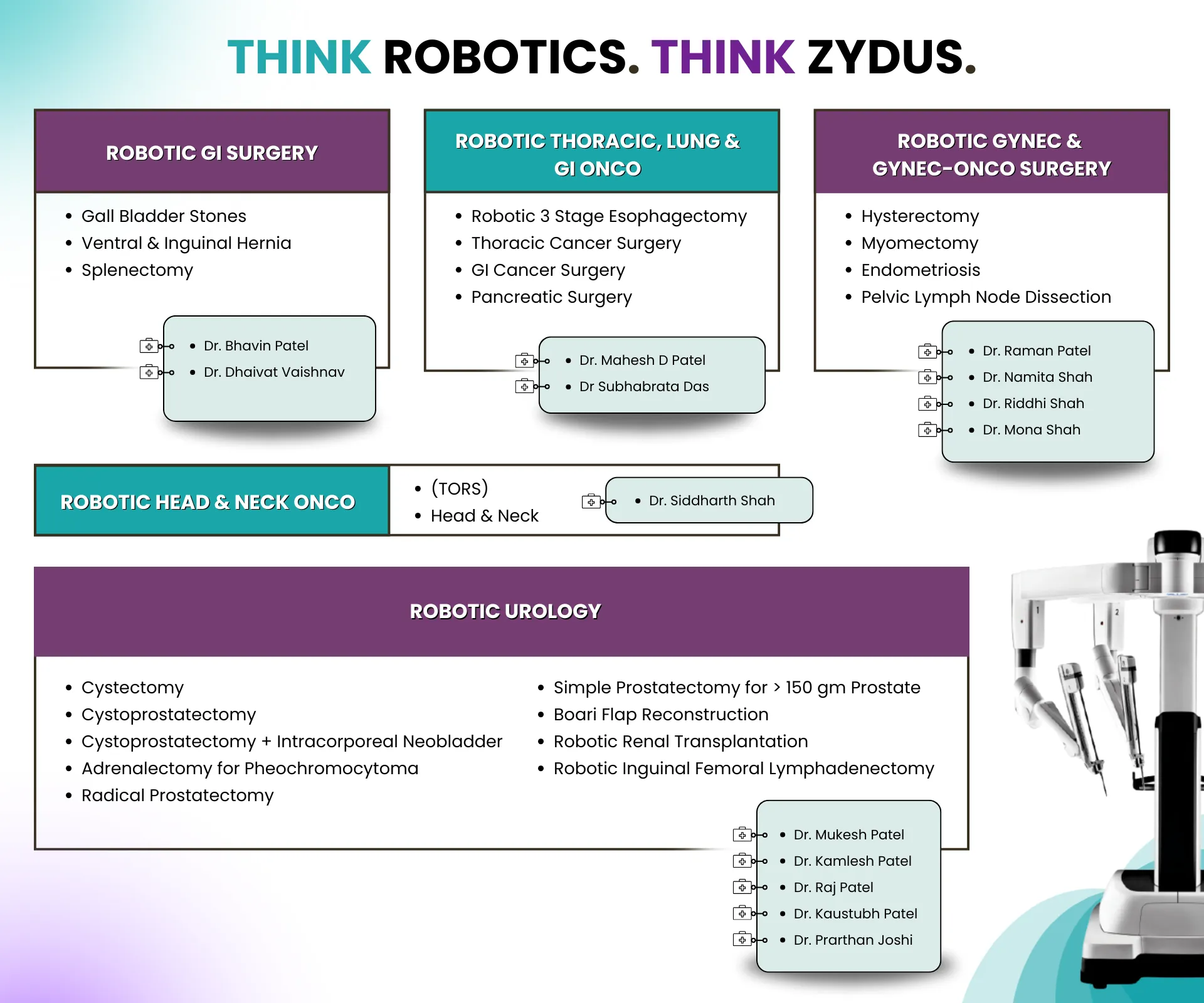Here is how liver detoxifies the body
The liver is the most important organ in the body, commonly described as a biochemical powerhouse. Weighing about three pounds and located in the upper right region of the abdomen. There are more than 500 vital liver functions, such as detoxification, digestion, metabolism, and more. These interdependent processes function to assist in maintaining internal balance to ensure proper body functioning.
This blog gives you a closer look at what does the liver do in your body.
1. Liver Detoxification: The Body's Natural Filter
Liver detoxification is the process of removing harmful substances and toxins from the blood. Every day, our bodies are exposed to pollutants, food additives, alcohol, drugs, and metabolic by-products that need to be neutralized and eliminated safely.
Toxin Breakdown:
The liver uses enzymes to break down harmful substances into water-soluble compounds so that they can be excreted safely through urine or bile.
Ammonia Conversion:
Ammonia, a harmful by-product of protein digestion, is converted by the liver into urea, which is eliminated by the kidneys.
Drug Metabolism:
The liver metabolizes drugs by changing their chemical composition, thereby making them easier for the body to eliminate.
Without this detoxification function, harmful substances would rapidly build up in the blood, potentially causing serious health problems.
2. Digestion: Production of Bile for Nutrient Absorption
The liver's role in digestion isn't involved directly in breaking down food physically. But it serves an important purpose in digestion by secreting bile.
Bile Production:
The liver produces about 800 to 1,000 milliliters of bile daily, a greenish liquid that facilitates the digestion of fats into smaller particles, thus facilitating their easy absorption in the small intestine.
Storage and Secretion:
The gallbladder stores the bile and lets it flow into the small intestine, as and when required, particularly after eating fatty foods.
Waste Elimination:
Bile aids in eliminating waste products such as bilirubin, which is formed through the breakdown of older red blood cells.
In the absence of bile, the body would be unable to break down and absorb important fat-soluble vitamins (A, D, E, and K) and experience deficiencies.
3. Liver Metabolism: Regulating Energy & Nutrient Utilization
Metabolism is the chemical process by which food is converted to useful energy. Metabolism is controlled by the liver, which processes nutrients from the digestive system before sending them out into the body. Here are the liver metabolic functions:
Carbohydrate Metabolism:
The liver controls blood glucose levels by storing excess glucose as glycogen. It breaks down glycogen into glucose when blood sugar levels drop.
Fat Metabolism:
Fatty acids are metabolized by the liver to produce energy and are used to synthesize cholesterol, which plays a critical role in hormone production and preserving cell membrane structure.
Protein Metabolism:
The liver synthesizes non-essential amino acids and important blood proteins like albumin and clotting factors.
Furthermore, the liver ensures hormone homeostasis and reinforces the immune system, serving as a defensive shield against pathogens entering the body through the gut.
Conclusion
Your liver silently powers hundreds of vital processes that keep you alive. Maintaining proper liver health is often overlooked but absolutely essential. From filtering toxins to fueling metabolism, understanding the importance of liver function is instrumental to protecting your overall health.
Maintaining liver health through a healthy diet, regular exercise, moderate alcohol consumption, and minimizing exposure to unwanted drugs or toxins is essential to overall health. A healthy liver means a healthier you - keep it functioning at its best.
Zydus Hospital is the Best hospital in Ahmedabad for Liver Treatments, offering expert care, advanced facilities, and comprehensive liver health management.





